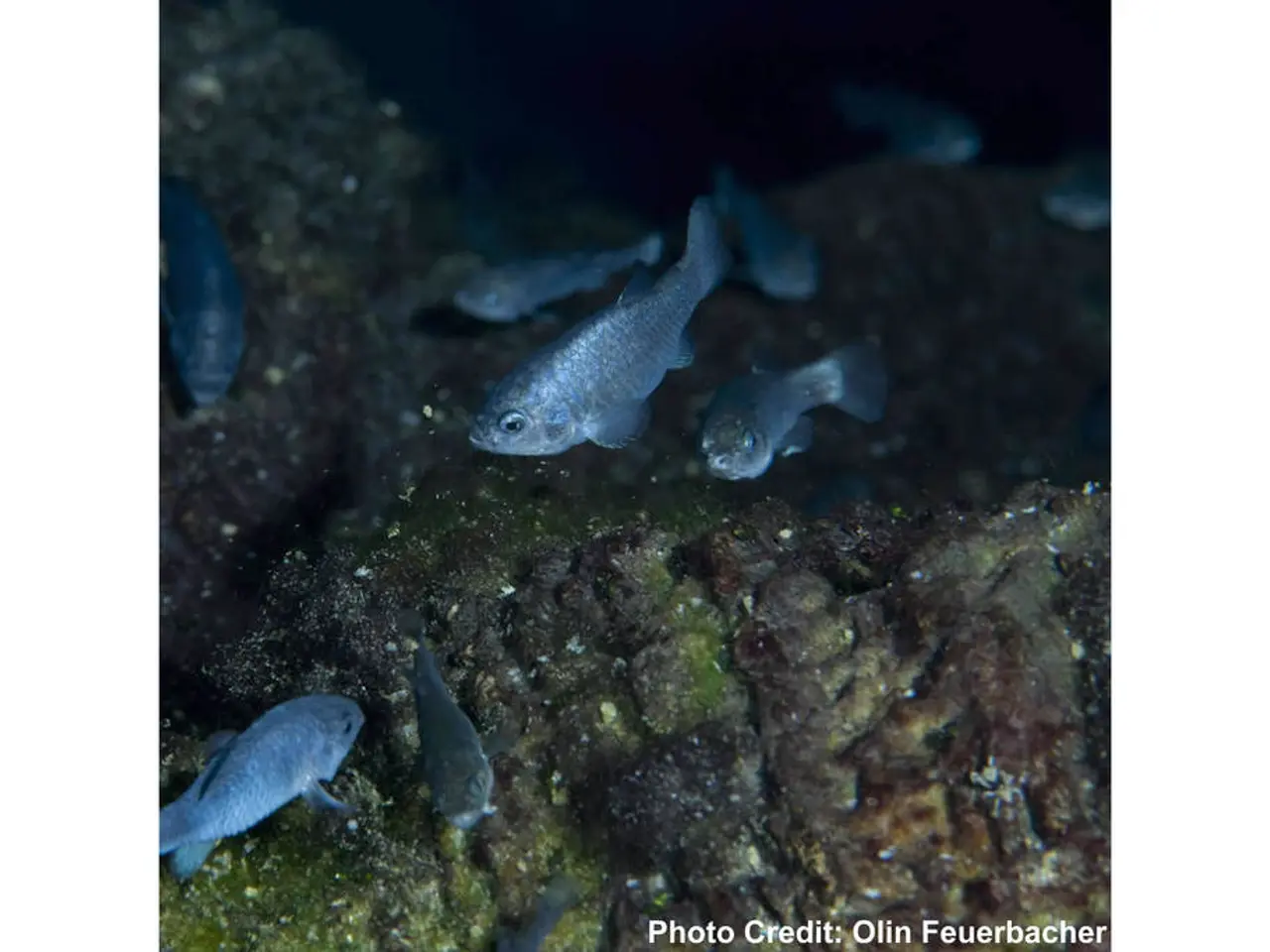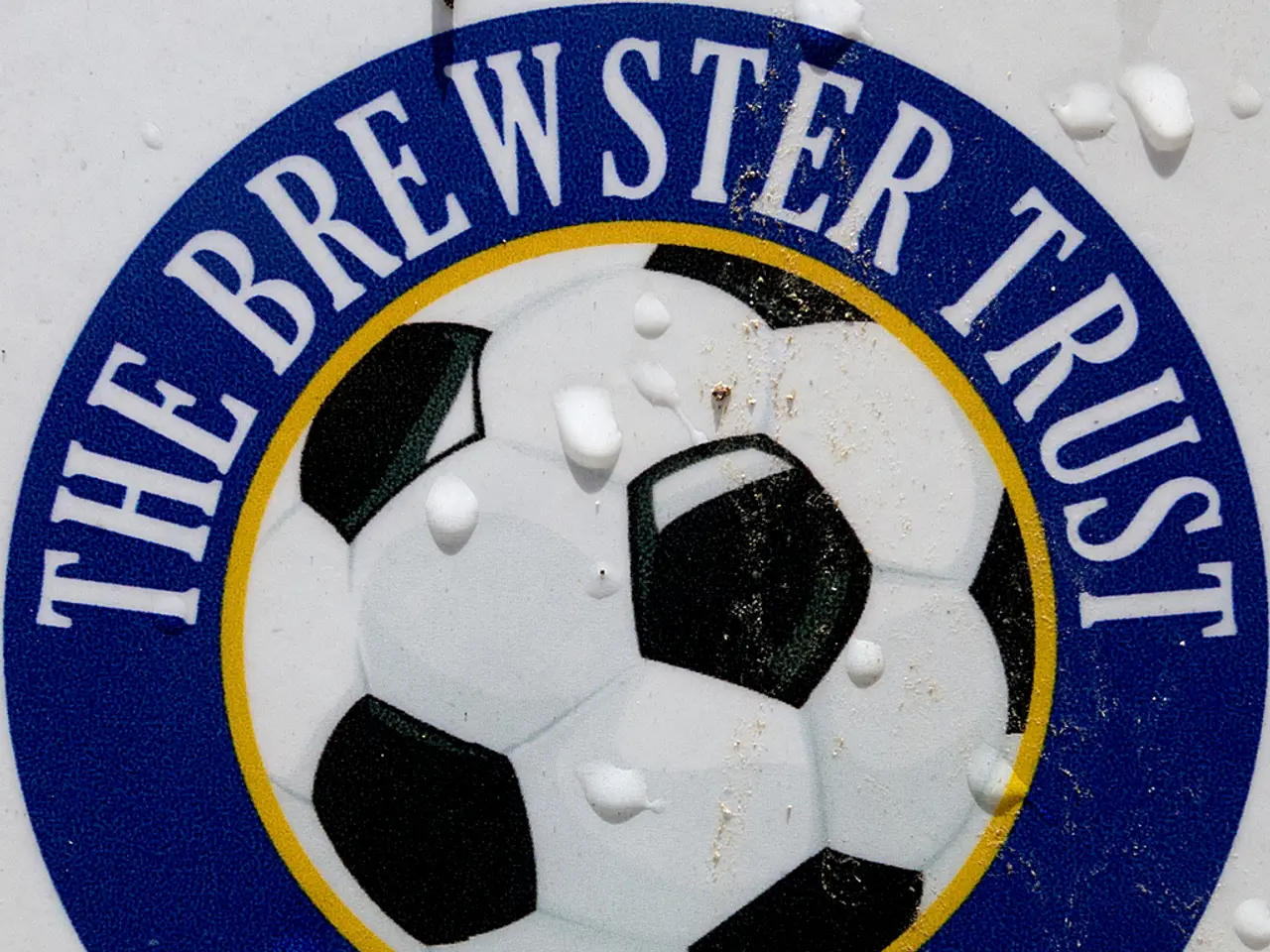Angry fishermen at Constance Lake question smiling competitors after catching a mammoth fish: "What's their deal?"
In a stirring event that has taken the internet by storm, two anglers from the Langenargen Angling Club, Maurice Karr and Florian Haag, made a record-breaking catch in Lake Constance. The duo reeled in a colossal catfish, measuring an impressive 2.43 meters long and weighing a hefty 90 kilograms – a feat never before achieved in the lake.
However, the catch has sparked a heated and emotionally charged debate on social media, with opinions ranging from support for the anglers and their hobby to criticism of their handling of the dead animal. Some users argue that the anglers are grinning while presenting the dead catfish, portraying the fish merely as trophies rather than living creatures. This, they claim, can be seen as promoting needless killing or environmental insensitivity.
Critics also express sadness and concern over the handling of the estimated 40-50 year old catfish. One commenter uses a sad emoji to express their feelings about the great fish being killed. Some question the necessity of killing animals, with one asking, "Why can't they just leave the animals alone in Lake Constance?"
On the other side of the debate, some people defend the anglers' joy in catching the large catfish, stating it's not easy and takes a long time. They argue that fishing is a traditional recreational activity that fosters outdoor enjoyment, patience, and skill. Many anglers practice catch-and-release to minimize harm, and posing with a catch can be a way to celebrate the challenge and success of the sport rather than glorifying death.
Furthermore, fishing often supports conservation efforts through licensing fees and education, contributing to sustainable fish populations. Some users have also defended their own meat consumption in the context of the catfish catch, citing personal consumption as a valid reason for the anglers' actions.
The debate has involved a mix of emotions, including love for animals, angling tradition, and outrage, often leading to heated discussions. One commenter even questioned the hypocrisy of those who are upset about the catch, implying they should show their refrigerators if they are truly concerned about animal welfare.
The case has brought attention to the emotional discussions surrounding the handling of nature, particularly in the context of angling. As the debate continues, it serves as a reminder of the complex relationship between humans and the natural world, and the ongoing need for respectful and mindful interactions with our environment.
In this heated debate on social media, some users criticize the anglers from the Langenargen Angling Club, asserting that their glee in displaying the dead catfish could be interpreted as promoting environmental insensitivity or needless killing. Conversely, supporters of the anglers argue that fishing, being a traditional sport in the Region, fosters outdoor enjoyment, patience, and skill, and that posing with a catch can serve as a celebration of the sport's challenges rather than a glorification of death.







